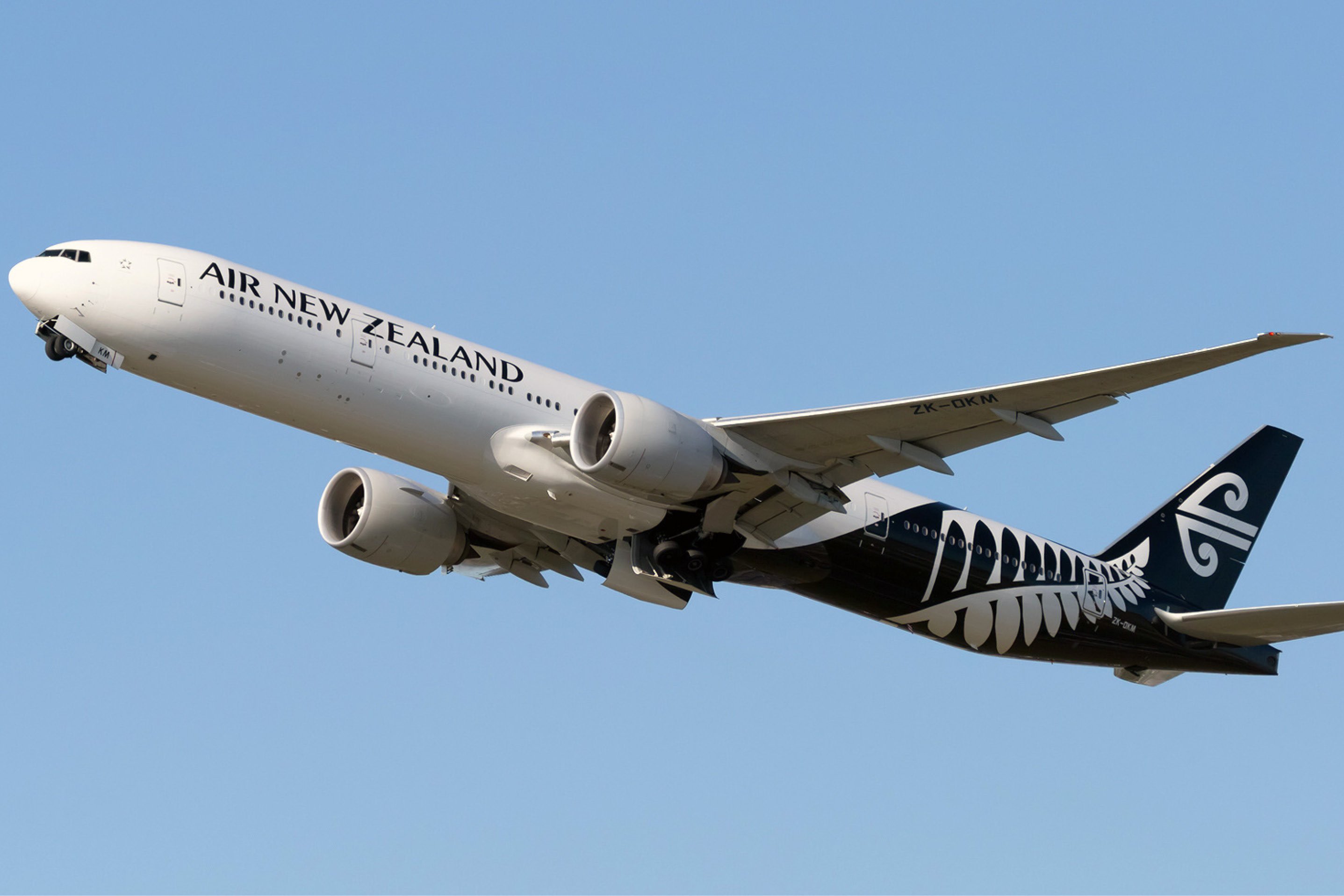
Dear E tū Aviation members,
The International Air Transport Association (IATA) is reassuring people it is safe to fly and is encouraging people to carry on doing so.
E tū has now escalated our response beyond the initial focus on health and safety to address the wider economic impacts of a prolonged disruption to aviation schedules and aviation work.
If you or your workplace leaders not getting accurate answers from your employer about your safety and health concerns or about the business effects in your workplace please let the union organisers know and they can assist you to set up meetings with your managers and help obtain the information you require.
Financial Effects
While the financial disruptions are already being felt (particularly by part-time workers) this disruption will be temporary and it will eventually end. Unfortunately at present no one knows how long the disruptions will last and what the wider economic effects might be.
Some employers are already encouraging staff to take leave and offering unpaid leave options as a preliminary way to deal with the lack of available work. It is expected some employers will seek temporary dispensation to alter work hours or pay rates but a temporary decrease in profitability does not automatically mean workers should give up terms and conditions. If, however, jobs are at genuine risk or an employer cannot sustain the business through this period then the union will be open to discuss the matter with employers and assess any temporary solutions proposed.
Rest assured any request to negotiate temporary changes to employment agreements will be assessed on a case by case basis after taking guidance from the affected members. E tū members want to raise standards in aviation not decrease them. We will not tolerate employers who try to take advantage of the outbreak to undermine working conditions.
Safe Travel
As someone in the industry you can reassure friends and family that flying and air travel is not the problem. The closure of air travel routes is about containment and border safety. It is stopping the spread of infected people to other countries. It is not because flying itself is a risk.
People are not becoming infected because they flew on a plane. They are becoming infected through close contact with a person displaying symptoms. Close contact with an infected and symptomatic person may make a person sick but being on board an aircraft or walking through an airport is not enough. Casual contact with people in public places is not the main source of risk.
At the recent IATA conference in Singapore, Dr David Powell, IATA’s Medical Advisor stated:
“To date, there’s no real evidence of transmission from one passenger to another passenger, despite the fact we know there are instances where people have flown and traveled even when already sick with a fever.
“Most of this outbreak has been driven by close contact with people that are significantly sick and by close contact, in the most cases there actually has been household contact or healthcare worker contact.
“So whilst all of us have seen media reports at the exceptions to that rule, amongst those 90,000 people [infected worldwide], really most of them have been truly close, in other words up close and personal with people unwell at the time”.
Key Points
The following are some key things to keep in mind as the situation develops:
- Do not believe everything you read in the media or hear from a friend /co-worker about the virus or the economic effects. Instead take necessary and sensible safety precautions as advised by medical authorities.
- Seek out reliable evidence-based sources of information.
- Make use the Ministry of Health website on COVID-19
- NOTE: We have contacted the Ministry of Health to press for better and more up to date aviation specific information. Their current advice for ‘airline workers’ (dated 5 Feb) is out of date and was written specifically about flights from mainland China at that time.
- Remain aware of the difference between the risks involved in ‘close contact’ and ‘casual contact’ and between an ‘infected person displaying symptoms’ and an ‘infected person who is asymptomatic’. Medical advice is that unless you are in close contact with someone who is displaying symptoms you are unlikely to be at risk. Practice good hand hygiene and encourage those around you to do the same.
- Employers should be acting under Ministry Health advice. This includes decisions on when a worker who has been in casual contact at work with an infected person may have to self-isolate. If you believe your employer is not following MOH advice you have every right to question their processes and escalate the matter if needed within the company or organisation. If you need help doing this reach out to your union workplace leaders or the union office for assistance.
- If your gym, or your child’s school or anyone in public attempts to treat you differently because you work in aviation or at the airport reassure them firmly that working in Aviation is not a risk factor. Point out that treating someone differently because of their perceived health status is not appropriate or rational or helpful. Especially in a country with such low rates of infection. If you need assistance to overcome unfair treatment please contact the union for guidance.
Thanks for taking the time to read this and the information provided.
Union organisers are on hand to advise your delegates, health and safety reps and fellow union members on the ongoing aspects of this virus outbreak.
We will issue COVID-19 updates on a regular basis until further notice. Being in union is about looking out for one another and now is a great time to do just that.
Savage
E tū Aviation
Head of Aviation






